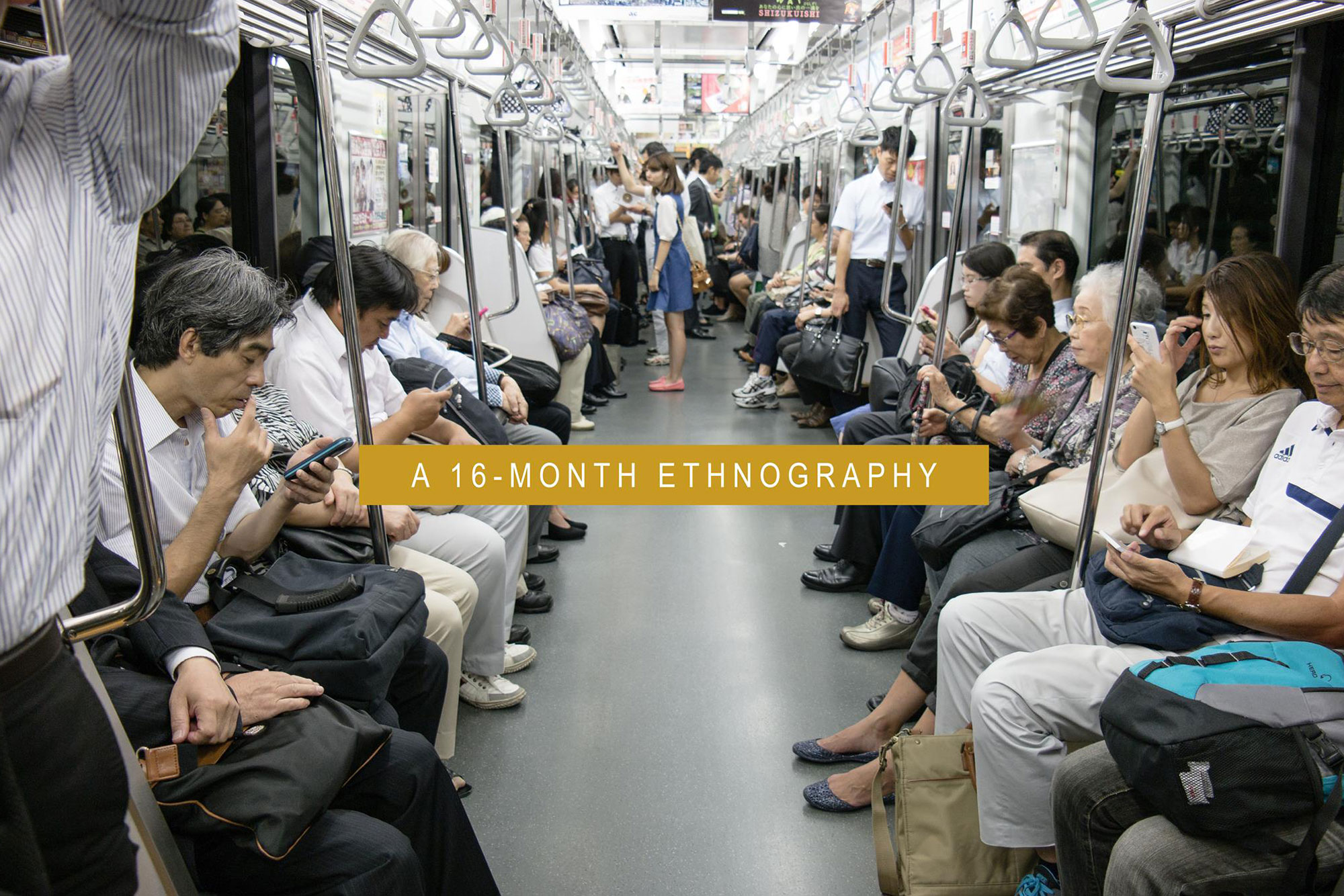On legitimacy, place and the anthropology of the Internet

In this thoughtful piece for Ethnography Matters, Sarah Kendzior (@sarahkendzior) discusses the ways in which the internet has transformed the relationship between the writer and the people about whom he or she writes. Sarah has written extensively about open access to scholarly publications (‘one paper (she) uploaded to Academia.edu… helped Uzbek refugees find a safe haven abroad’, according to one interview).Â
In this post, Sarah writes about a deeper question regarding the openness of the research process and the ways in which the internet has led to a leveling of the playing fields in a way that some anthropologists would rather ignore than confront. After all, when the “subaltern speaks” and anyone, not just anthropologists, can hear, who exactly is doing the exposing?
The article was adapted from a chapter of her dissertation which she had been encouraged to publish in an academic journal, but since she actually want people to read it, she published it online instead.
In the article, she asks why anthropologists ignore the internet as a field site and what challenges they may face if they continue to do so:
“Today anthropology is facing a crisis of place, representation, and legitimacy similar to what journalism experienced a decade ago. Like journalists at the turn of the millennium, anthropologists have dealt with the challenges posed by the internet by ignoring them, downplaying the importance of the medium, and discounting its impact on the lives of the people they study. Despite the importance of the internet to people all over the world, there are few ethnographic studies of internet use conducted by anthropologists, and the anthropologists who do conduct this kind of research are marginalized and dismissed.[…]
Anthropology of the internet forces the question of whether being seen as an anthropologist is more important than doing meaningful ethnography. It strips the discipline of its elite trappings, requiring no excessive funding or dramatic upending of one’s life. What it does require is for the researcher to rely on more than just a dateline. When you are not going anywhere, you have to make the journey matter.”



